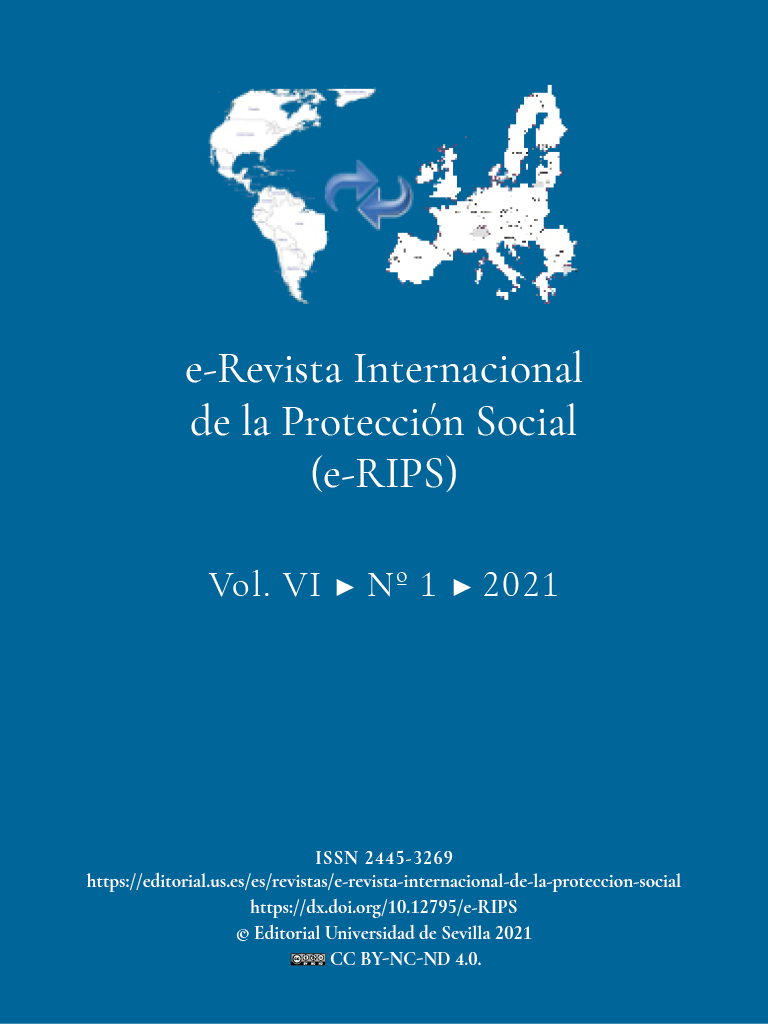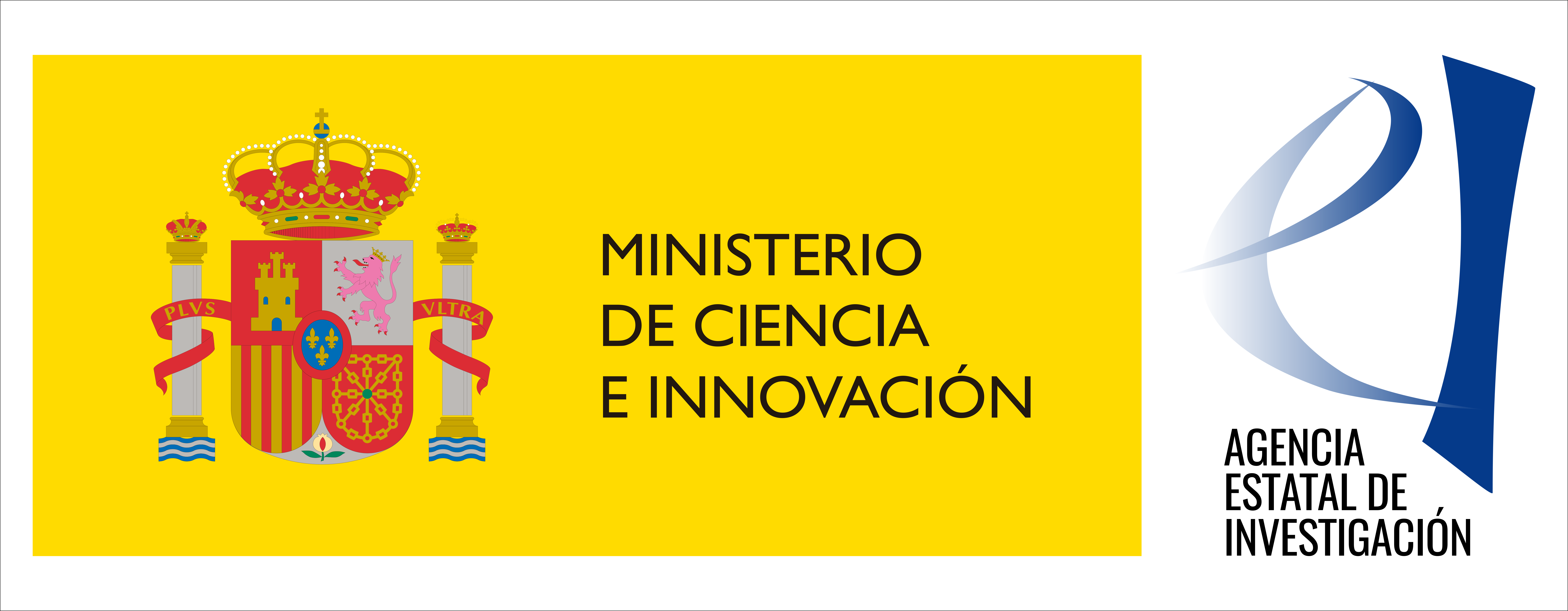COVID-19 PANDEMIC, CENSORSHIP AND LABOUR LAW PROTECTION IN POLAND – SELECTED ISSUES
DOI:
https://doi.org/10.12795/e-RIPS.2021.i01.12Keywords:
COVID-19 pandemic, Labour law protection, Whistleblower, Employees, Remote work, Protection against Dismissal, CensorshipAbstract
Covid-19 pandemic had a significant impact on many areas of human life, and above all, on the area of economic and professional activity. In particular, pandemic changed the labor market, not only in labor market mechanisms but also in fundamental labor laws. The global Covid-19 epidemic resulted in the Polish labor market - remote work, which was a response to the widespread closure of the country. Unfortunately, there also have been problems with the freedom of speech for employees during the coronavirus pandemic in Poland. The paper focuses on the topics mentioned above, stressing areas related to the security of employee rights that can be considered controversial.
Downloads
References
Abazi, V.: “The European Union Whistleblower Directive: A ‘Game Changer’ for Whistleblowing Protection?”, Industrial Law Journal, vol. 49, no.4., 2020
Cassematis P. G.; Wortley R.: Journal of Business Ethics, 117 (3), 2013.
Ceva, E.; Bocchiola M.: Theories of Whistleblowing, Philosophy Compass, 15 (1); Prediction of Whistleblowing or Non-Reporting Observation: The Role of Personal and Situational Factors [REVIEW], 2019.
Culiberg, B.; Mihelič, K. K.: “The Evolution of Whistleblowing Studies: A Critical Review and Research Agenda”, Journal of Business Ethics, 146 (4), 2017.
Elliston, F. A.: “Anonymity and Whistleblowing”, Journal of Business Ethics, 1 (3),1982.
Kobroń, Ł.: “Informator strażnik wartości czy donosiciel”, Palestra, no 12-13, 2013.
Kobroń-Gąsiorowska, Ł.: Czy Polskę czeka era etycznych donosów? Społeczno-prawne aspekty działania, 82 Zeszyty Naukowe Towarzystwa Doktorantów UJ Nauki Społeczne, 2015.
Kobroń-Gąsiorowska, Ł.: “Interes Publiczny jako element podstawowy funkcji ochronnej prawa pracy-w kontekście ochrony sygnalistów”, Roczniki Administracji i Prawa, no. 2, 2019.
Lamer, R. A.: “Whistleblowing and Employee Loyalty”, Journal of Business Ethics, 11 (2), 1992.
Latan, H.; Chiappetta Jabbour, Ch. J.: Lopes de Sousa Jabbour, A. B.: “Whistleblowing Triangle, Famework and Empirical Evidence”, Journal of Business Ethics 160 (1), 2019.
Leśniak, G.: Jest projekt o pracy zdalnej-pracownik odpowiedziały za organizację stanowiska pracy, https://www.prawo.pl/kadry/pracownik-bedzie-odpowiadal-za-organizacje-stanowiska-pracy,507451.html.
Leśniak, G.: Praca zdalna nieprędko doczeka się uregulowania w kodeksie, https://www.prawo.pl/kadry/praca-zdalna-jakie-sa-ustalenia-partnerow-spolecznych-i-kiedy,505241.html?fbclid=IwAR3UmPfJexQNCl3t6hOnN2H-zMvm50VG5AJqx6_cnDBNV5HgdAkD5Cg1Ye8.
Santoro, D.; Kumar, M.: Speaking Truth to Power. A Theory of Whistleblowing, Springer, 2018.
Santoro D., Kumar, M.: “A Justification of Whistleblowing”, Philosophy and Social Criticism 2017, 43 (7).
Sobczyk, A.: Telepraca w prawie polskim, Warszawa: Oficyna Wolters Kluwer, 2009.
Sowińska-Milewska, D.: Telepraca a kobiety– z doświadczeń projektów Fundacji Centrum Promocji Kobiet, w: Szewczyk, A. (red.). Telepraca – szansą czy zagrożeniem na rynku pracy? Szczecin: Wydawnictwo Naukowe Uniwersytetu Szczecińskiego. 2002.
Spytek-Bandurska, G.: Telepraca jako nietypowa forma zatrudnienia w Polsce. Aspekty prawne i społeczne, Warszawa: Oficyna Wydawnicza Aspra, 2015.
Published
How to Cite
Issue
Section
License
Authors being published in this journal agree to the following terms:
- Authors retain their copyright and they will guarantee to the journal the right of first publication of their work, which will be simultaneously subject to license recognition by Attribution-NonCommercial-ShareAlike (CC BY-NC-SA 4.0 DEED)
that allows others to share such work provided that the author’s name and his first publication in the e-International Review on Social Protection is stated. - Authors may take other non-exclusive distribution license agreements version of the published work (e.g. deposit in an institutional digital file or publication in a monographic volume) provided that the initial publication in this journal is stated.
- Authors are allowed and encouraged to disseminate their work via the Internet (e.g. in institutional digital files or on their website) prior to and during the submission process, which can lead to interesting exchanges and to increase citation of the published work.











